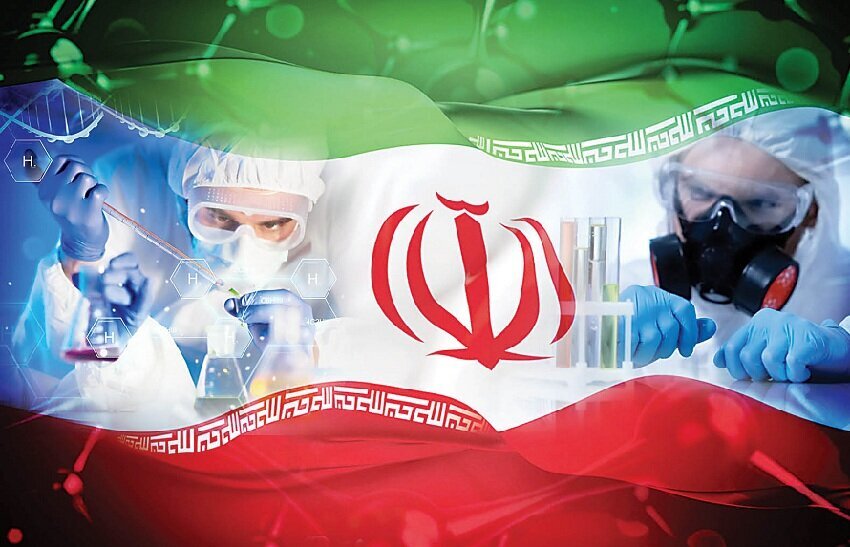National document on nanotech development declared

TEHRAN – President Ebrahim Raisi declared to implement the “National Document for the Development of Nano Science and Technology”.
The document, consisting of 7 articles, was approved by the Supreme Council of the Cultural Revolution on November 15.
Policy making and planning for progress in nanotechnology started in 2003 with the formation of a special headquarters for the development of nanotechnology, and accelerated with the approval of the first 10-year document for the development of nanotechnology entitled "Future Strategy Document".
In this document, Iran was targeted to be among the top 15 nanotechnology countries in the world and aimed to generate wealth and improve people’s lives. The general approach of the first ten-year document was the training of human resources and the provision of infrastructure for the development and commercialization of technology.
In order to continue the nanotechnology progress, the upcoming national document has been compiled with new goals and approaches such as being a reference in science and technology, industrialization, maximum impact of nanotechnology in priority industrial areas, and entry of nano products into the global markets and the promotion of people’s lives.
By 2033, the advancements of nanotechnology in Iran will improve the quality of life and the production of wealth. The country moves towards global authority in science and nanotechnology by producing innovative products while having a stable place in the market of other countries.
General goals are improving the scientific position and promoting the authority of the country in science and nanotechnology, promotion of innovation based on novel technologies with high economic and social impact, upgrading existing industries by nanotechnology, stable export and promotion of Iranian nano products in regional and global markets, enhancing the effectiveness of nanotechnology in improving the quality of life and social impact.
Priority industrial areas in the national document are consisting of water and environment, energy, agriculture, health, and construction, IRNA reported on Sunday.
Nanotechnology improvement
One of the industries that have experienced good growth in Iran in recent years, proving the country’s scientific development, is the nanotechnology industry, a subject area that has brought Iran to the world’s fourth place.
Currently, nanotech products are produced and marketed in more than 15 industrial fields based on domestic technologies and are being exported to 49 countries from five continents.
Over the past year (ended March 20), the total sale of Iranian nanoproducts has been equal to 115 trillion rials (nearly $425 million).
The expansion of nanotechnology export programs in recent years and the establishment of bases for exporting nanotechnology products to China, India, Indonesia, Syria, Turkey, and Iraq have provided the opportunity for the entry of Iranian nanotechnology goods, equipment, and services into global markets.
Currently, the products are being exported to other countries such as Italy, Thailand, the Philippines, and Armenia.
Some 42 percent of the products in this field are related to construction, more than 17 percent to the field of oil, gas, and petrochemicals, 13 percent to the field of automobiles, and over 10 percent to the field of optoelectronics.
Some 270 companies are active in the nanotechnology field and it is predicted that their revenue will reach up to 80 trillion rials (nearly $310 million), Vice President for Science and Technology, Sourena Sattari, announced.
Iran’s ranking in nanotechnology articles citation in 2019 has significantly improved compared to 2018, as it moved 26 levels higher, according to StatNano’s statistics collected from the WoS database.
Based on a report Nanotechnology Publications report, Iran ranked 38 worldwide for the average number of times the nano-articles have been cited in the Journal Citation Reports in 2019, while in 2018, it was placed 64.
It also ranked 4th for the highest number of nano-article publications.
FB/MG
Leave a Comment